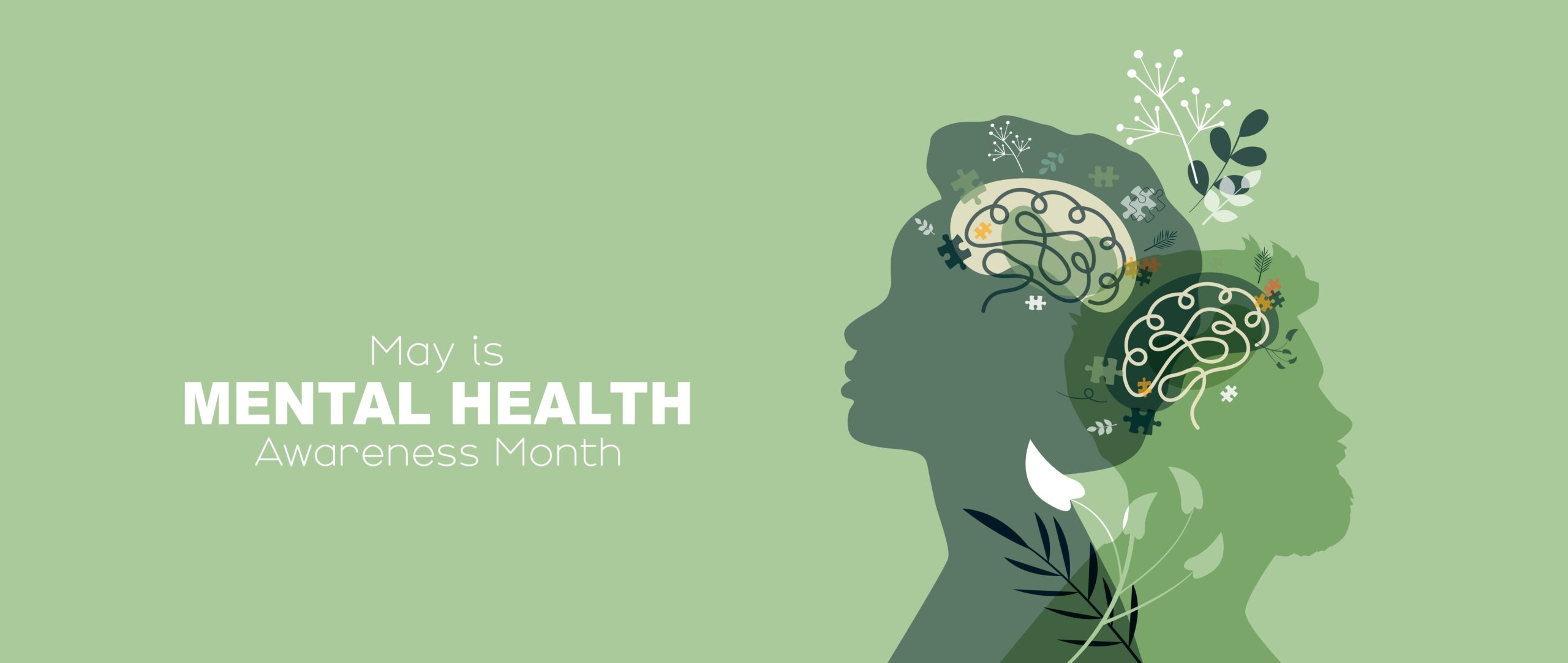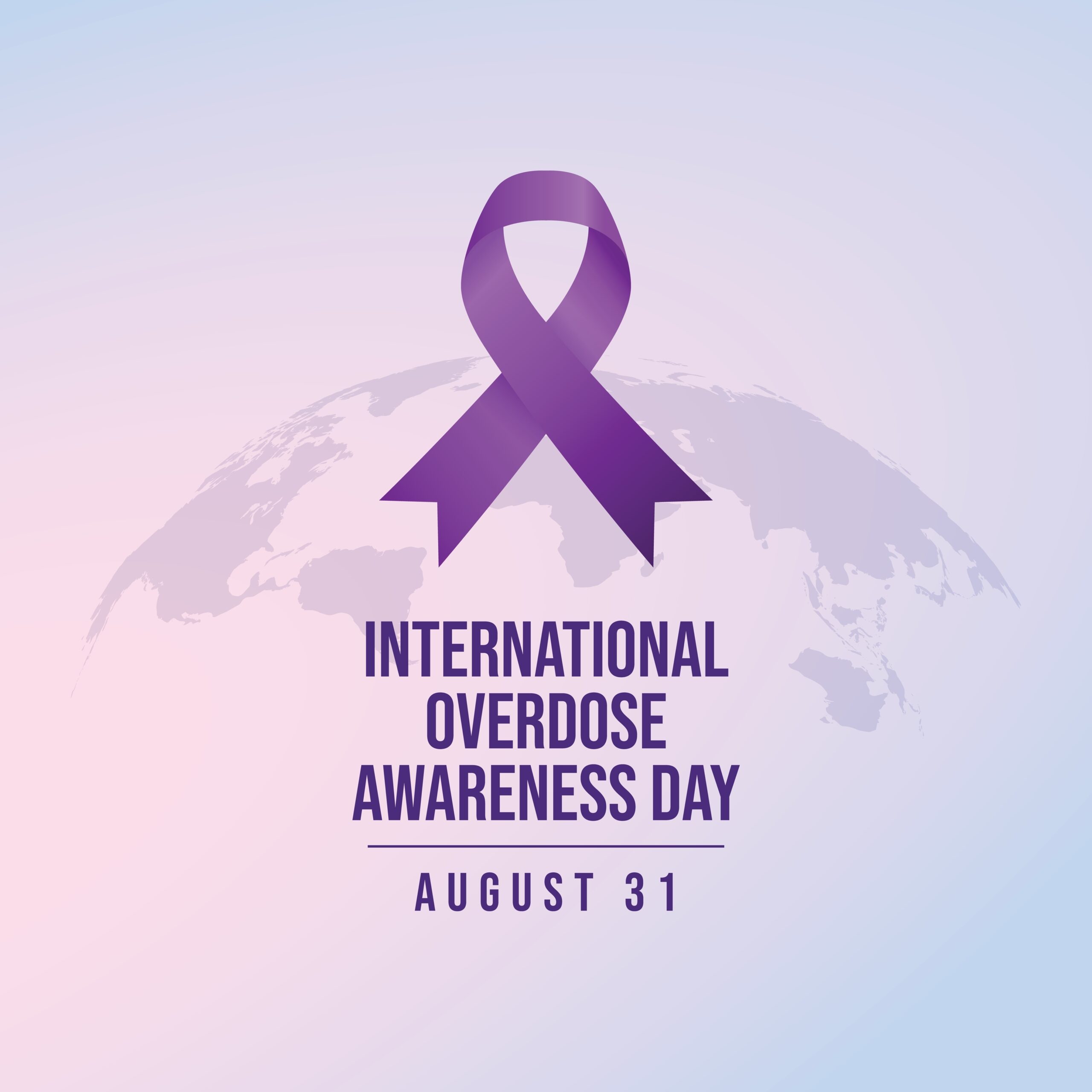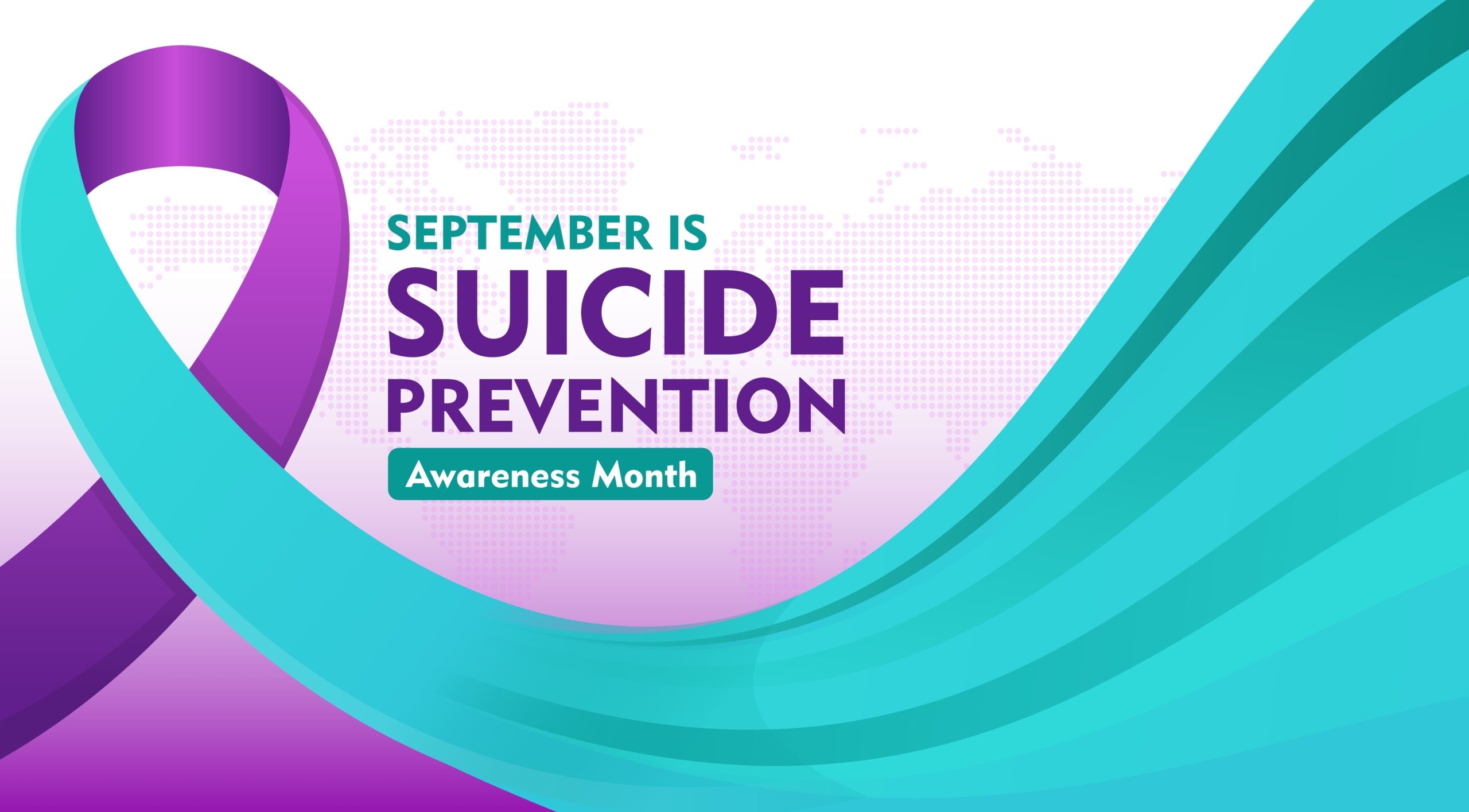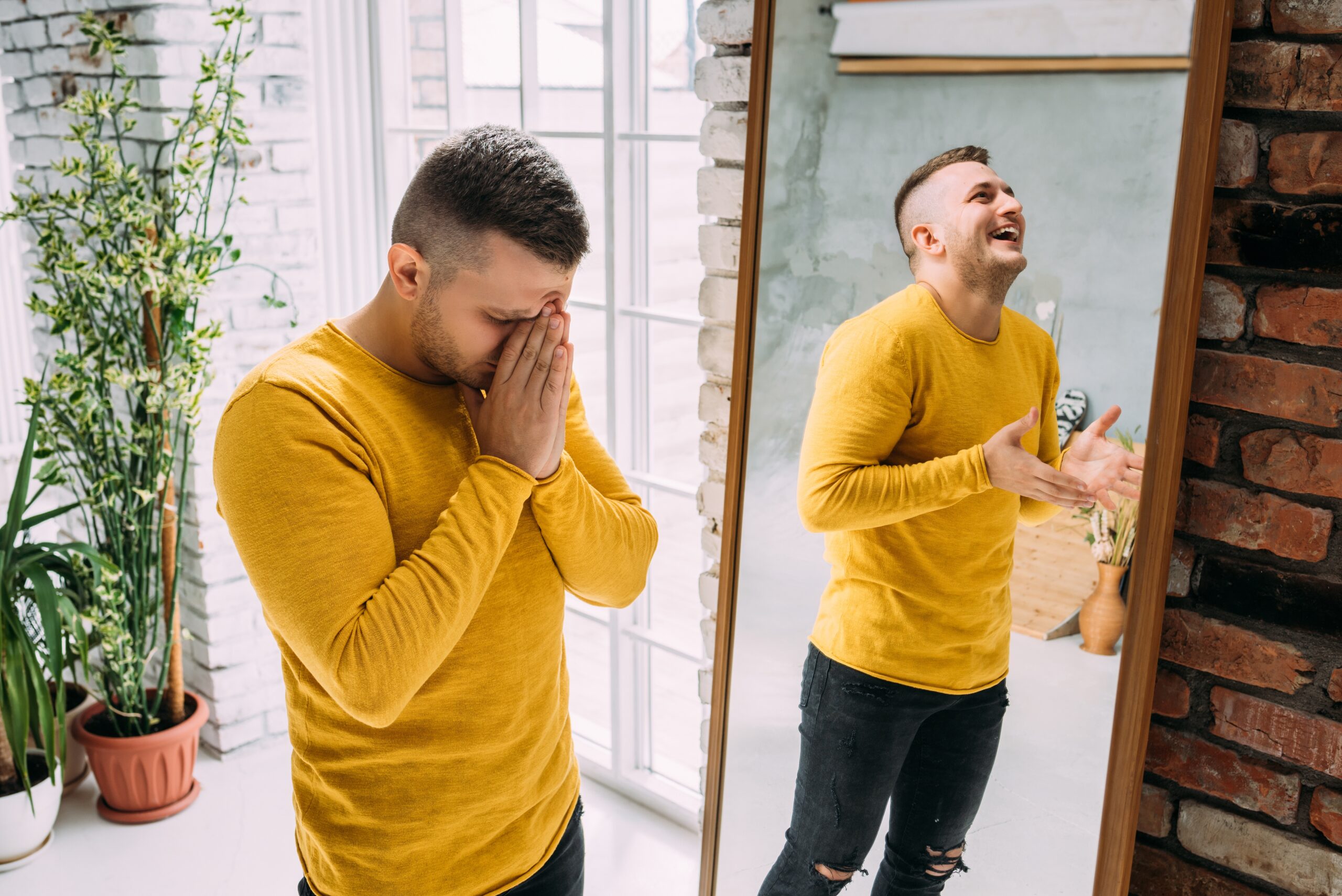In our fast-paced world, we often prioritize physical well-being, yet the significance of our mental health can sometimes take a back seat. However, true well-being encompasses both the mind and the body. Just as we care for a sprained ankle or a common cold, our emotional and psychological states require attention, understanding, and sometimes, professional support.
At Aspire Recovery Center of Frisco, we believe that mental health matters deeply, not just for individuals but for the entire community in Frisco, Texas, and beyond.
Today, we’ll explore why prioritizing our mental well-being is essential, offer practical ways to nurture it, and provide guidance on how to support those around us who may be struggling. We aim to equip you with the knowledge and tools to lead a healthier, more balanced life, both for yourself and for others.
What Is Mental Health?
So, what is mental health? It’s much more than just the absence of mental illness. The World Health Organization defines mental health as a state of well-being in which an individual realizes his or her own abilities, can cope with the normal stresses of life, can work productively and fruitfully, and is able to make a contribution to his or her community. It involves our emotional, psychological, and social well-being. It affects how we think, feel, and act. It also helps determine how we handle stress, relate to others, and make choices.
Think of it as a spectrum. On one end, you have optimal mental health, where an individual feels resilient, capable, and connected. On the other end, there might be significant distress, leading to difficulties in daily functioning. And in between, there are varying degrees of challenges and triumphs that we all experience.
Our mental health can fluctuate from day to day, influenced by a myriad of factors including life events, genetics, social circumstances, and even physical health. Understanding this broad definition helps us to recognize that everyone has mental health, and it’s something we all need to actively care for.
Why Is Mental Health Important?
The question “Why is mental health important?” is fundamental to fostering a supportive and understanding society. Prioritizing mental health is crucial because it profoundly impacts every aspect of our lives. When our mental health is strong, we are better equipped to handle life’s challenges, maintain healthy relationships, and contribute meaningfully to our work and communities.
Consider the ripple effect of poor mental health. It can impair our ability to concentrate, make decisions, and engage with others, potentially leading to decreased productivity at work, strained personal relationships, and a diminished overall quality of life. Conversely, good mental health allows us to adapt to adversity, find joy in everyday moments, and pursue our goals with enthusiasm and resilience. It fuels our creativity, enhances our problem-solving skills, and empowers us to live authentically.
Beyond individual well-being, the collective mental health of a community plays a vital role in its strength and vibrancy. When individuals in a community are mentally healthy, there is increased empathy, stronger social bonds, and a greater capacity for collective action and support. Investing in mental health is an investment in human potential and societal progress. This is why we emphasize the importance of comprehensive mental health treatment options, understanding that addressing these needs benefits everyone.
How to Improve Mental Health
Improving our mental health is an ongoing journey, not a destination. It involves cultivating self-awareness, practicing self-compassion, and adopting strategies that nurture our emotional and psychological well-being. Here are practical tips and actionable steps you can take to enhance your mental health:
Prioritize Self-Care
Self-care isn’t selfish; it’s essential for recharging your batteries. Self-care looks different for everyone, but it might include getting enough sleep, eating nutritious meals, engaging in hobbies you enjoy, or simply taking a few moments of quiet reflection each day. Think of self-care as preventative maintenance for your mind. We often suggest establishing a routine, even a simple one, that incorporates activities that bring you peace and joy. This could be anything from reading a book for 15 minutes before bed to spending time in nature.
Practice Mindfulness and Meditation
These practices help you stay present and reduce the grip of anxious thoughts about the past or future. Simple breathing exercises, guided meditations, or even just focusing on your senses for a few minutes can make a significant difference. There are numerous apps and online resources that can guide you through mindfulness exercises, making them accessible to everyone. The goal is not to stop thinking, but to observe your thoughts without judgment.
Engage in Regular Physical Activity
Exercise is a powerful mood booster. Even moderate physical activity, like a daily walk, can release endorphins, reduce stress, and improve sleep quality. You don’t need to become a marathon runner; consistency is key. Find an activity you enjoy, whether it’s dancing, cycling, or gardening, and make it a regular part of your routine.
Foster Meaningful Connections
Humans are social beings, and strong relationships are vital for good mental health. Make an effort to connect with friends, family, and colleagues. Share your thoughts and feelings, and offer support to others. Combatting feelings of isolation is crucial. Joining community groups, volunteering, or simply reaching out to a friend for a chat can make a world of difference.
Set Realistic Goals and Celebrate Small Wins
Overwhelm can quickly deplete our mental health. Break down larger goals into smaller, manageable steps. Celebrate each small achievement along the way. This builds momentum and a sense of accomplishment, reinforcing positive self-worth.
Limit Exposure to Negative Information
While staying informed is important, constant exposure to negative news or social media can be detrimental to your mental health. Be mindful of what you consume and consider setting boundaries around screen time or news consumption. Curate your online environment to be more positive and uplifting.
Learn to Say No
Protecting your time and energy is a form of self-care. It’s okay to decline commitments that overextend you, especially if they contribute to stress or burnout. Setting healthy boundaries is a sign of self-respect and contributes to a more balanced life.
Seek Professional Help When Needed
Just as you would see a doctor for a persistent physical ailment, there is no shame in seeking professional help for your mental health. A Licensed Mental Health Counselor or therapist can provide strategies, support, and guidance tailored to your specific needs. Understanding how to improve mental health often involves recognizing when external, professional support is the best path forward.
How to Support Someone with Mental Health Issues
Supporting a friend, family member, or colleague struggling with mental health issues requires empathy, patience, and a willingness to learn. It’s important to remember that you don’t need to be a therapist to make a meaningful difference. Your presence and understanding can be incredibly powerful.
Listen Actively and Without Judgment
Create a safe space for them to share their feelings without fear of criticism or dismissal. Listen with the intent to understand, rather than to respond or fix. Sometimes, simply being heard is the most profound support you can offer. Avoid minimizing their feelings or offering unsolicited advice unless they ask for it.
Validate Their Feelings
Let them know that their feelings are valid and that it’s okay to feel what they’re feeling. Phrases like “That sounds incredibly difficult,” or “It makes sense that you’re feeling that way” can be very comforting. Avoid statements that invalidate their experience, such as “Just snap out of it” or “It’s all in your head.”
Educate Yourself
Learn about different mental health conditions to better understand what your loved one might be experiencing. Knowledge helps you respond with greater empathy and reduces stigma. Reputable sources like the National Institute of Mental Health or the World Health Organization offer valuable information. Understanding what mental health is from a clinical perspective can help you support someone more effectively.
Offer Practical Support Where Appropriate
Sometimes, practical help can make a huge difference. This might include helping with chores, preparing meals, running errands, or offering to accompany them to appointments. Always ask what they need rather than assuming. Respect their boundaries if they decline your offer.
Encourage Professional Help
Gently suggest seeking professional help from a Licensed Mental Health Counselor or other mental health clinics. Offer to help them research resources or even accompany them to an initial appointment if they are comfortable. Emphasize that seeking help is a sign of strength, not weakness. Frame it as seeking expert guidance for a medical condition, just as one would for a physical ailment.
Stay Connected
Continue to reach out, even if they seem to withdraw. A simple text message or phone call can let them know you care. Loneliness can exacerbate mental health challenges. Be consistent in your support, but also respect their need for space if they communicate it.
Set Boundaries
While supporting others is important, it’s equally vital to protect your own mental health. Understand your limits and avoid taking on more than you can handle. You cannot pour from an empty cup. Encourage them to seek professional help and understand that you are a support system, not their sole solution.
Be Patient
Recovery is rarely linear. There will be good days and bad days. Be patient and understand that progress takes time. Celebrate small victories and offer encouragement during setbacks.
Improve Your Mental Health With Aspire Recovery Center
Our mental health is a cornerstone of our overall well-being, influencing every aspect of our lives from our relationships to our ability to navigate daily challenges. Understanding what is mental health and recognizing why is mental health important are the first crucial steps toward fostering a healthier, more compassionate society.
By actively prioritizing self-care, practicing mindfulness, nurturing connections, and setting healthy boundaries, we can significantly improve our own mental well-being. Furthermore, extending a hand of support, listening without judgment, and encouraging professional help are vital ways we can assist those around us who may be struggling with mental health issues.
At Aspire Recovery Center of Frisco, we understand that supporting yourself and others through mental health challenges requires a holistic approach. We are a Texas state-licensed and nationally-accredited treatment program dedicated to providing exceptional outpatient care for individuals struggling with substance use and mental health disorders. Our Intensive Outpatient Treatment Programs (IOP) are specifically designed to promote healing, recovery, and personal growth for those seeking to improve their mental health.
We offer a safe, supportive, and structured environment where individuals can develop coping mechanisms, gain insight into their conditions, and build a foundation for lasting well-being. Our team of compassionate and experienced professionals, including Licensed Mental Health Counselor professionals, utilize evidence-based therapies and personalized treatment plans to address a wide range of mental health concerns. Whether you are seeking individual therapy, group support, or a more intensive level of care, we are here to guide you on your journey toward recovery.
We recognize the complexities of mental health treatment and are committed to providing accessible and effective services right here in Frisco, Texas. Our programs are designed to fit into your life, allowing you to maintain your daily responsibilities while receiving the critical support you need. When you wonder how to improve mental health for yourself or a loved one, or if you’re looking for trusted mental health clinics, Aspire is a reliable resource.
Everyone deserves the opportunity to live a fulfilling and balanced life, and we are dedicated to providing the tools and support necessary to achieve that.
The journey toward optimal mental health is unique for everyone, and it’s okay to seek assistance when needed. At Aspire Recovery Center of Frisco, we are committed to providing comprehensive mental health treatment and support, offering a safe and nurturing environment for healing and growth. Remember, you don’t have to face these challenges alone.
If you or someone you know is struggling with mental health challenges, please reach out. Contact Aspire Recovery Center of Frisco today to learn more about our Intensive Outpatient Treatment Programs and how our experienced team, including our Licensed Mental Health Counselor professionals, can help you or your loved one embark on a path toward lasting recovery and well-being. Your mental health matters, and we are here to support you.












































